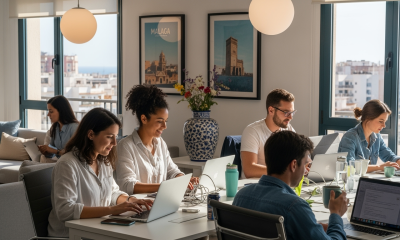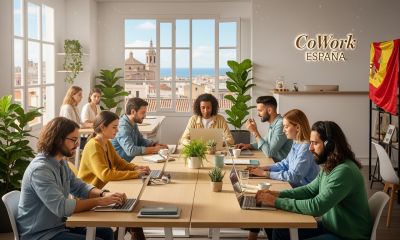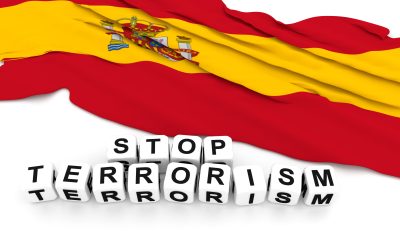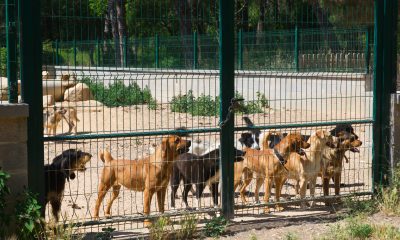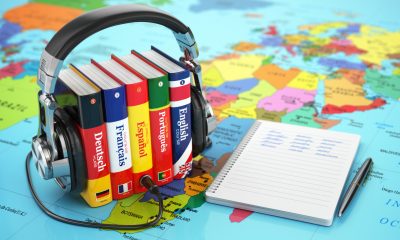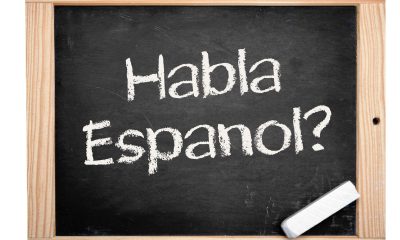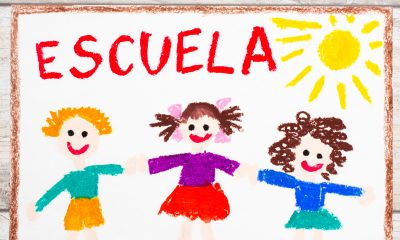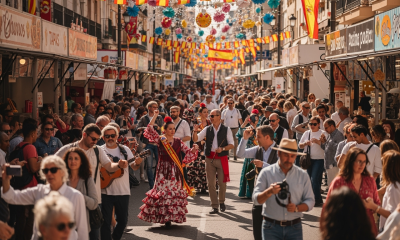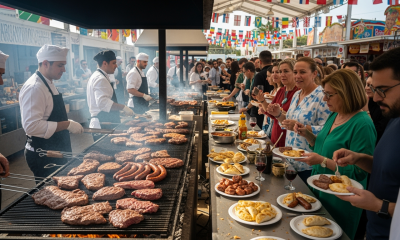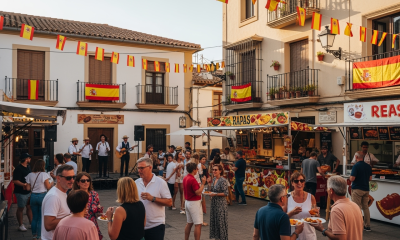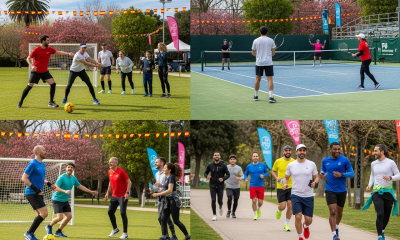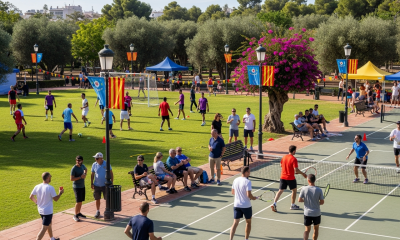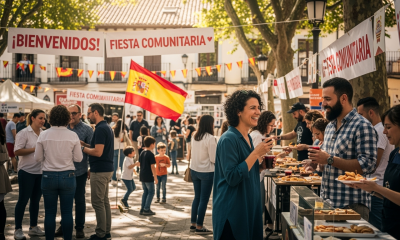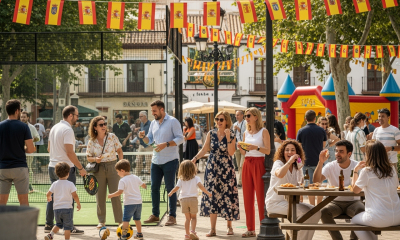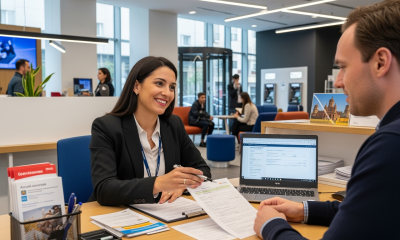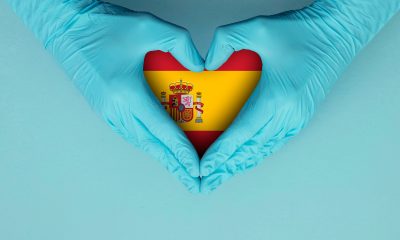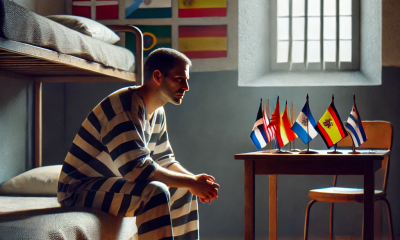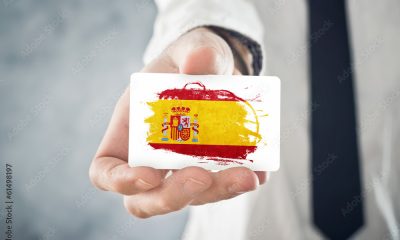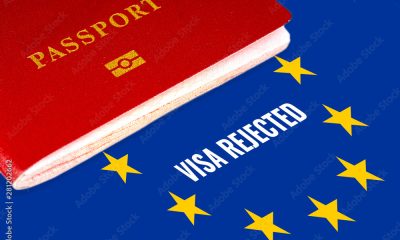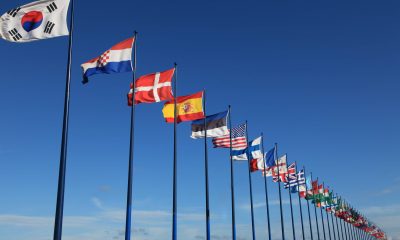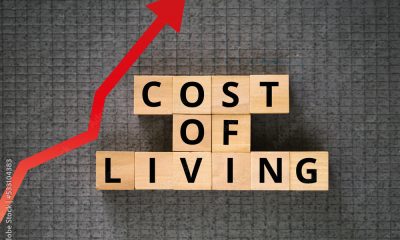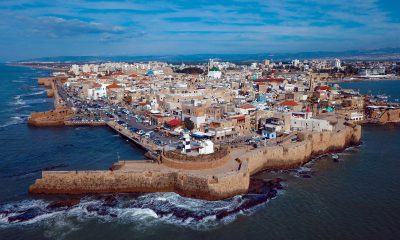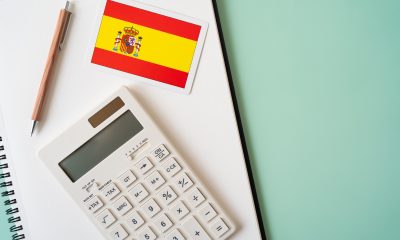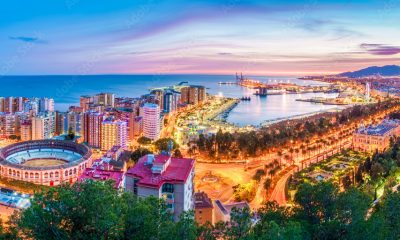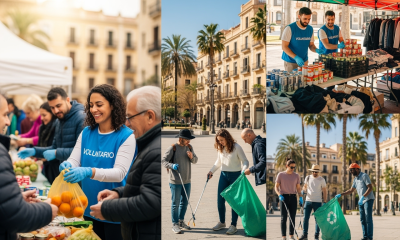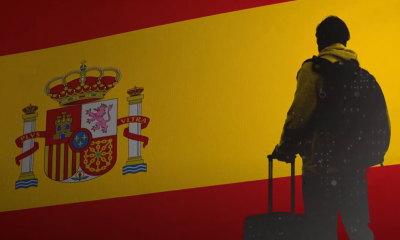Integration & Community
Why Malaga is Spain’s Top destination for Digital Nomads in 2025

Published: August 2025
As remote work continues to rise, Spain’s digital nomad visa has opened the country to an influx of international talent. While cities like Barcelona and Madrid often steal the spotlight, Malaga is fast emerging as one of the most attractive and practical choices for digital nomads in 2025. This article explores why Malaga stands out, what you can expect as a remote worker here, and how to make the most of your experience on the Costa del Sol.
Malaga: The perfect blend of work and lifestyle
Located on the sunny Costa del Sol, Malaga offers a unique mix of Mediterranean climate, vibrant urban life, and a relaxed seaside atmosphere. With more than 320 days of sunshine per year, miles of beaches, and a lively cultural scene, Malaga is ideal for digital nomads seeking both productivity and quality of life.
Why Digital Nomads are choosing Malaga in 2025
- Excellent connectivity: Malaga Airport offers direct flights to major European cities. The city’s high-speed train links to Madrid and Barcelona in just a few hours.
- Affordable cost of living: Compared to Madrid and Barcelona, Malaga offers lower rents, cheaper dining, and affordable coworking spaces, making it ideal for freelancers and remote workers on a budget.
- Modern infrastructure: Malaga boasts fast fiber-optic internet, modern coworking spaces, and a growing tech ecosystem. The city is home to the “Malaga TechPark,” attracting startups and digital entrepreneurs from around the world.
- Vibrant expat & nomad community: With a large international population, you’ll find meetups, networking events, and language exchanges every week. The city is friendly, open, and easy to navigate for newcomers.
- Unmatched lifestyle: Enjoy fresh seafood, tapas bars, flamenco nights, and outdoor activities like hiking in the Montes de Málaga, surfing, or exploring the historic city center.
How to get started as a Digital Nomad in Malaga
- Apply for the Digital Nomad Visa:
- Gather required documents: proof of remote work, income, health insurance, and a clean criminal record.
- Submit your application online or at your local Spanish consulate.
- Once approved, you can enter Spain and register your address in Malaga.
- Find Accommodation:
- Popular neighborhoods for nomads include Soho, El Centro Histórico, and La Malagueta (for beach lovers).
- Use platforms like Idealista, Spotahome, or local Facebook groups to find short- and long-term rentals.
- Choose a Coworking Space:
- Malaga has a wide range of coworking spaces, such as The Living Room, Urban Lab, and Innovation Campus, offering flexible memberships, fast Wi-Fi, and a social atmosphere.
- Register Locally:
- Empadronamiento (local registration) is required for most official paperwork and access to public services. Visit Malaga’s town hall with your rental contract and passport.
- Join the Community:
- Look for digital nomad meetups, tech events, and language exchanges on Meetup.com, Eventbrite, or local Facebook groups.
Cost of living in Malaga (2025)
- Rent: €700–€1,200/month for a one-bedroom apartment in the city center; cheaper options available in surrounding neighborhoods.
- Coworking: €200–€450/month for a hot desk in a quality coworking space.
- Dining out: Tapas from €2, set lunch menus (menú del día) from €10–€15.
- Transport: Local buses and metro from €1.40 per ride; city bikes and electric scooters are widely available.
- Utilities & internet: Around €60–€120/month for a small apartment with fast Wi-Fi.
Tips for thriving as a Digital Nomad in Malaga
- Learn some basic Spanish – locals appreciate it, and it will help with bureaucracy and daily life.
- Take advantage of Malaga’s outdoor lifestyle: work from a beach café, take a lunchtime swim, or hike at sunset.
- Network! The city’s digital nomad and tech scene is growing fast, and connections can lead to new friends, job opportunities, and collaborations.
- Consider day trips to nearby gems like Ronda, Nerja, or the Caminito del Rey for inspiration and adventure.
- Stay informed about local events, festivals, and public holidays to make the most of your time in Malaga.
Useful resources
- Malaga City Hall (Ayuntamiento de Málaga)
- Malaga WorkBay – Resources for Digital Nomads
- Meetup – Malaga Events & Groups
- New in Spain – Guides and Updates
FAQ
Is Malaga safe for digital nomads?
Yes, Malaga is considered one of the safest cities in Spain, with a welcoming atmosphere and a strong expat community.
Can I find English-speaking doctors and services?
Absolutely. Many clinics, hospitals, and service providers in Malaga cater to international residents and speak English.
What is the digital nomad scene like?
Malaga’s digital nomad scene is growing rapidly, with regular events, active coworking spaces, and a supportive community of locals and internationals.
Disclaimer: This article is for informational purposes only and does not constitute legal or financial advice. Always check the latest regulations and consult with professionals for your specific situation.
Integration & Community
Spain’s new Digital Nomad Visa: 2025 updates and requirements

Co. working the new trend
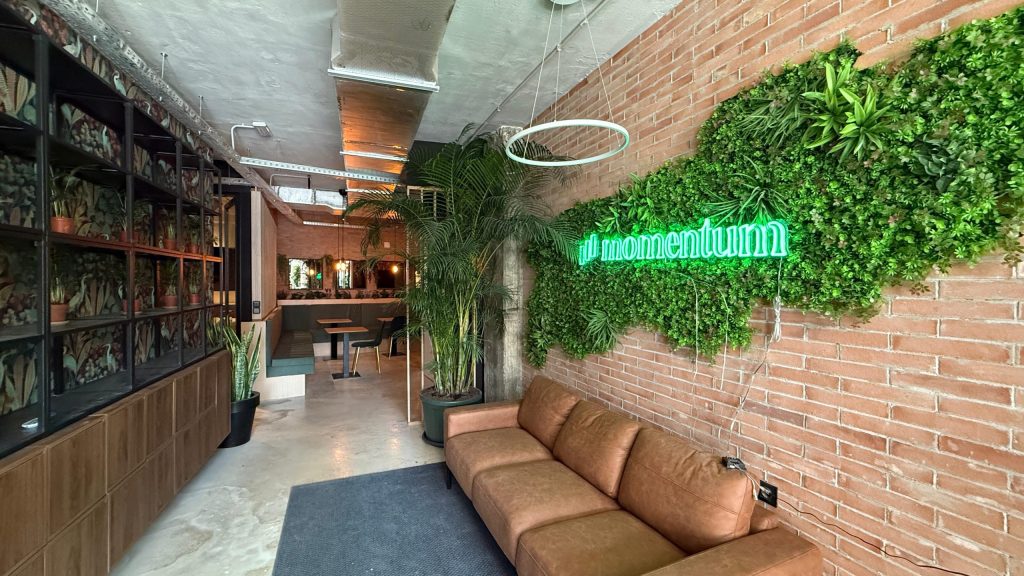
Published: August 2025
Spain’s digital nomad visa continues to attract remote workers from around the world. In 2025, several updates have been made to the program, making it even more appealing and accessible for international professionals. Here’s what you need to know about the latest requirements and benefits.
What is the Digital Nomad Visa?
The digital nomad visa allows non-EU citizens to live and work remotely from Spain for up to three years. It’s designed for freelancers, entrepreneurs, and remote employees who want to enjoy Spain’s culture, climate, and lifestyle while continuing their international careers.
2025 Key ppdates
- Longer stays: The visa can now be renewed for an additional two years, allowing a total stay of up to five years.
- Lower income threshold: The minimum monthly income requirement has been reduced to €2,400, making it more accessible to a wider range of applicants.
- Family inclusion: Applicants can now bring immediate family members, including partners and children, under a simplified process.
- Faster processing: Average processing time has been cut to just 30 days.
- Tax incentives: Digital nomads can benefit from a special tax regime, reducing their tax rate during their stay.
Requirements for 2025
- Proof of remote work (employment contract, freelance agreements, or business ownership).
- Minimum monthly income of €2,400.
- Comprehensive health insurance valid in Spain.
- Clean criminal record from your home country and Spain.
- Valid passport and proof of accommodation in Spain.
How to apply
- Gather all required documents (translated and apostilled if necessary).
- Submit your application online through the official Spanish immigration portal.
- Attend a biometric appointment at your nearest Spanish consulate or in Spain.
- Wait for approval and receive your residence card upon arrival in Spain.
Why choose Spain?
Spain offers a vibrant expat community, excellent infrastructure, and a high quality of life. With the 2025 updates, it’s easier than ever for digital nomads to make Spain their home base.
Useful links
Disclaimer: This article is for informational purposes only and does not constitute legal advice. Always consult with a professional for your specific situation.
Cultural
Rich Tapestry of Spanish Culture
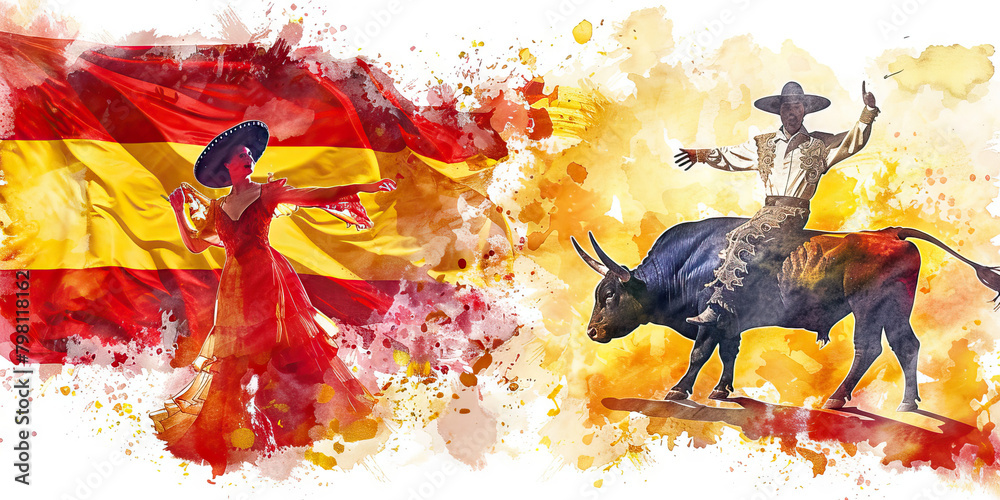
Spain, a country known for its vibrant traditions, diverse landscapes, and historical legacies, offers a cultural experience that is both deep and colorful.
From flamenco rhythms and tantalizing cuisine to architectural marvels and passionate festivals, Spanish culture captivates the heart and soul of anyone who immerses in it.
Here’s an exploration of the key elements that define Spanish culture.
Flamenco: The Soul of Spain
Flamenco is not just a dance; it is a profound expression of emotion.
Originating in Andalusia, this art form combines singing (cante), guitar playing (toque), dance (baile), and handclaps (palmas) to create a mesmerizing performance.
Flamenco tells stories of love, sorrow, joy, and resilience, and it remains an integral part of Spanish cultural identity.
Cuisine: A Culinary Journey
Spanish cuisine is renowned for its variety and flavor. Each region boasts its own specialties, but some dishes have achieved national acclaim.
Tapas, small plates of diverse foods, allow for sampling a range of flavors in one meal. Paella, a rice dish from Valencia, showcases seafood, meat, and vegetables cooked with saffron.
Jamón Ibérico, a type of cured ham, is a delicacy cherished across the country.
The Mediterranean diet, rich in olive oil, fresh vegetables, and seafood, underscores Spain’s culinary traditions.
Festivals: Celebrations of Life
Spain’s calendar is dotted with festivals that highlight the country’s exuberance and sense of community.
La Tomatina in Buñol is a chaotic and joyful tomato-throwing event that attracts participants from around the world.
Semana Santa (Holy Week), especially prominent in Seville, features solemn processions and religious ceremonies.
The Feria de Abril, also in Seville, is a week-long celebration of Andalusian culture with traditional costumes, flamenco music, and dancing.
Language: The Spanish Legacy
Spanish, or Castilian, is the official language, but Spain is home to several co-official languages including Catalan, Galician, and Basque.
These languages reflect the diverse regions and communities that make up the country.
The Spanish language itself is celebrated globally, not only as a means of communication but also as a vehicle for a rich literary tradition that includes luminaries like
Miguel de Cervantes and Federico García Lorca.
Architecture: A Historical Canvas
Spain’s architectural landscape is a testament to its diverse history.
Roman aqueducts, Moorish palaces, Gothic cathedrals, and modernist buildings like those by Antoni Gaudí coexist in a unique harmony.
The Alhambra in Granada, with its intricate Islamic art and gardens, and the Sagrada Familia in Barcelona, a still-unfinished masterpiece of Gaudí,
exemplify the country’s architectural grandeur.
Art: A Heritage of Creativity
Spain has produced some of the world’s most influential artists.
From the surreal works of Salvador Dalí and the abstract innovations of Joan Miró to the poignant masterpieces of Pablo Picasso, Spanish art has left an indelible mark on global culture.
Museums like the Prado in Madrid and the Guggenheim in Bilbao showcase these and other artistic treasures.
Sports: Passion and Pride
Football (soccer) is almost a religion in Spain, with La Liga being one of the most prestigious football leagues in the world. Clubs like FC Barcelona and Real Madrid have fan,
bases that span the globe. Beyond football, Spain is also passionate about basketball, tennis, and bullfighting, though the latter is increasingly controversial.
Traditions: A Blend of the Old and the New
Spanish traditions often blend ancient customs with contemporary practices.
The siesta, a mid-afternoon break, reflects a historical adaptation to the hot climate, though its prevalence is declining in modern urban areas.
Spain’s fiestas, local celebrations often honoring patron saints, bring communities together in a blend of religious devotion and secular merriment.
Conclusion
Spanish culture is a rich mosaic woven from various historical, linguistic, and regional threads.
It is a culture that values expression, celebration, and community, offering a welcoming and enriching experience to all who engage with it.
Whether through its passionate dances, flavorful foods, or festive traditions, Spain’s cultural heritage continues to enchant and inspire.








